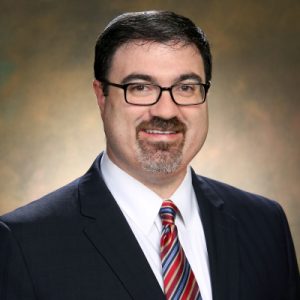The TaNaKh (Hebrew Bible) is filled with Jewish leaders who lived their lives with various types of physical disabilities and emotional struggles. Isaac suffers from blindness. Jacob walks with a limp. Moses delivers the book of Deuteronomy, including this week’s Torah portion, with a stutter. Naomi, Saul, and Jonah struggle with depression. Sarah, Rebecca, Rachel and Hannah are challenged with infertility. Our great rabbis and teachers, who expounded the mitzvot, were not “perfect” in physical or emotional shape, either. Perfection is not a perquisite for leading a Jewish life filled with compassion, justice, and love.
Rabbi Bradley Artson teaches that shleimut, the wholeness that our tradition says is a desired condition for connecting to God, is not simply physical or emotional wholeness. Nor is shleimut about perfection. Rather, it is a call to serve God with the wholeness of who we are – blemishes and all. Just as we are inclusive of each person in our community, we try to be inclusive of the all physical and emotional parts of ourselves, the wholeness of who we are.
As we approach the remaining Shabbatot in the month of Elul and the High Holy Days, I encourage you to come to Temple in your shleimut, in your wholeness. The challenges and possibilities of this season lie ahead. Each of us enters through Temple Beth El’s doors from various and varied places in our lives. Perhaps we are traversing the valley of shadows, or experiencing struggles, or frustrations, or sadness, or physical pain. Perhaps we are learning to be humble about our limitations and less judgmental about the limitations of others, particularly the people we love the most. To approach God in our shleimut, in our wholeness, is to recognize that wholeness does not require perfection; that brokenness can be encompassed in wholeness. This season, may we acknowledge the shleimut – the fullness of our lives: sadness, anger, confusion, gratitude and joy, and may we bring our full and imperfect hearts to this season of reflection, prayer, and hope.




